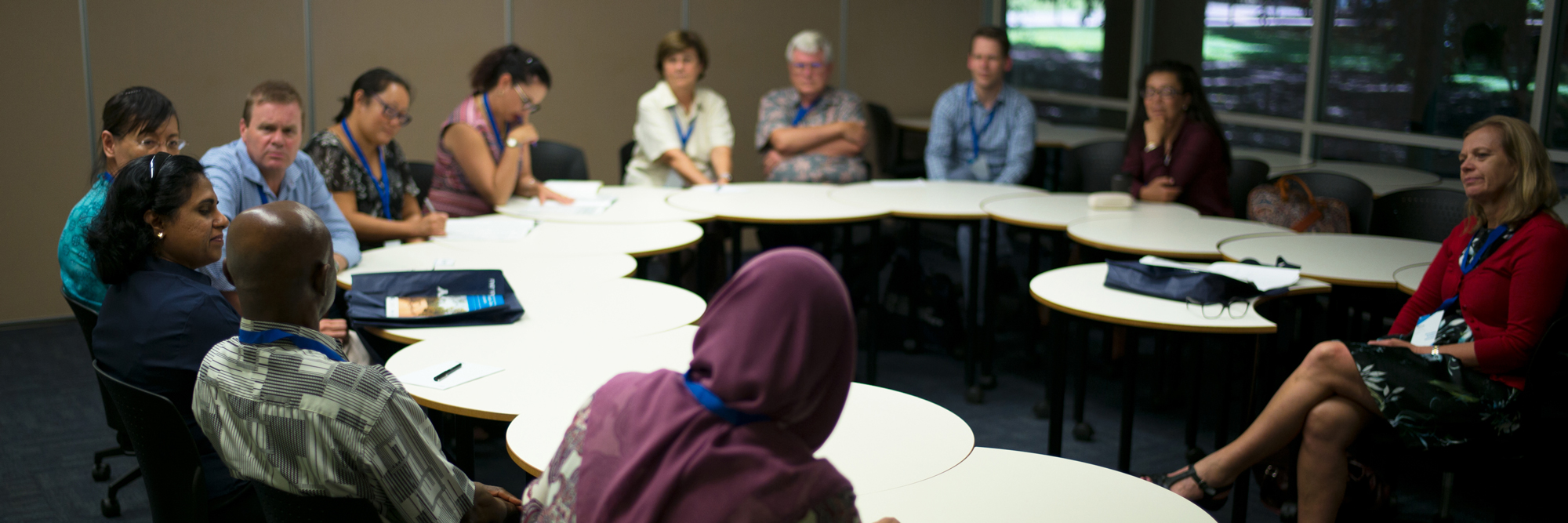Organizational Knowledge
In an era often labeled “post‑truth,” individual perspectives increasingly displace shared authoritative facts. Organizations now prize lived experience for the nuance it brings, yet converting these diverse inputs into inclusive, actionable knowledge is difficult. Knowledge emerges dynamically within networks, but it is always filtered through rules that encode and format information, shaping how it is accessed, shared, and used. Pursuing plural knowledge, therefore, carries practical costs—collective‑learning expenses, workflow disruptions, and blind spots that are hard to diagnose. The core task is to balance broad participation with operational efficiency, building knowledge systems that are both robust and usable.
Institutional Structures
Institutional structures are evolving to meet demands for adaptability, coordination, and innovation. Faced with uncertainty, many entities adopt learning‑oriented arrangements: governments adapt within legal and regulatory constraints, while NGOs and civil‑society groups can pivot toward decentralized, grassroots models. Developing adaptive capacity—iterative learning, networked governance, and multi‑scale coordination—is essential. Effective structures must link local, national, and global action, aligning efforts to tackle climate change, inequality, and other shared challenges. As rigid hierarchies give way to dynamic systems that integrate diverse expertise, new questions arise about what truly constitutes resilient, responsive governance.
Publics and Collectivities
Turbulent contexts also reshape democratic ideals, calling for deeper engagement, open organizational cultures, and inclusive interaction with government. Grassroots movements, community groups, and other stakeholders now act as engines of change, shifting the “public” from passive beneficiary to active collaborator. Networks, clusters, and alliances build trust and shared purpose, connecting community decision‑making with broader governance frameworks. Grassroots initiatives demonstrate how decentralized models can partner effectively with central authorities, though doing so requires acknowledging multiple situated knowledges. These experiments prompt reflection on whether local solutions can scale—or whether context‑specific approaches should replace one‑size‑fits‑all ambitions.
Organizational Design
Deliberate design shapes structures and processes, yet interventions often generate unintended consequences. Past experiments and inherited frameworks condition current choices, creating friction between strategic foresight and practical implementation. When urgent objectives eclipse long‑term considerations, temporal tensions dominate design debates. Historical legacies and spillover effects can entrench systemic inequities, while predictive technologies risk privileging technocratic, bias‑laden solutions over collective deliberation. Questions about leadership style and organizational models leave learning and agility elusive goals. Sustainable change ultimately depends on each organization’s ability—governmental, community‑led, or otherwise—to navigate uncertainty amid uneven learning cultures and entrenched marginalization, designing systems that are at once inclusive and adaptable.
